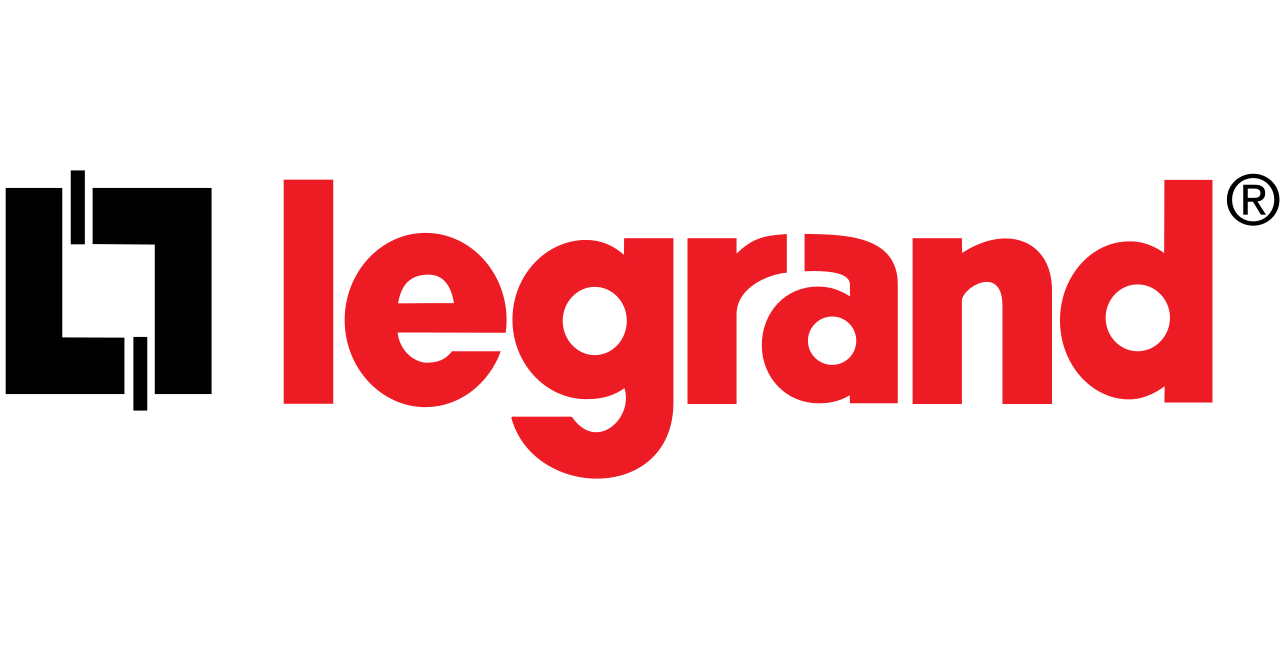End-to-End Resilient Supply Chain Planning
At Citwell, we understand that comprehensive and effective planning is crucial for navigating today’s complex business landscapes. Our End-to-End Planning Offer is meticulously designed to provide organizations with a seamless and integrated approach to planning, from initial strategy formulation through to execution and evaluation.
Our offer encompasses every aspect of the planning cycle, ensuring that all elements are aligned and optimized for success. From setting clear objectives and assessing resource requirements to implementing detailed action plans and monitoring progress, we provide the tools and expertise needed to transform strategic visions into actionable results.
Our services rely on advanced pieces of knowledge such as Supply Chain segmentation, product portfolio classification, Pulled flows/DDMRP logic, demand forecast and inventory optimization.
Citwell’s End-to-End Planning Offer is not just about creating plans—it’s about building a robust framework that empowers your organization to achieve its goals efficiently and effectively. Let us partner with you to turn your strategic aspirations into reality, driving growth and success through comprehensive and actionable planning.
Your stakes
Modern businesses are increasingly challenged by the complexities of end-to-end planning. Navigating from strategic alignment to effective execution requires a level of coordination that is often difficult to achieve. Disconnected processes, misaligned teams, and unpredictable market dynamics can create barriers that hinder progress and efficiency. Companies struggle to balance long-term planning with the agility needed to respond to rapid changes, making it a daunting task to stay on track and reach their strategic objectives.
Address inventory issues
- Overall too much inventory with regular stock-outs
- Lead times are too long and not predictable
- Unexpected inventories at every step of production
- High obsolescence and depreciation costs
- Frequent emergency deliveries
Simplify & standardize processes
- As many methods to supply as there are sites and planners
- No training policy to ensure skills across planning teams
- Lack of trust in IT tools, considered as black boxes
- Management rules are too complex to learn and maintain
Improve planning efficiency
- Demand process is very complex and forecast reliability is still low
- Many and variable bottlenecks
- Rules to trade-off capacity issues are not clear
- Planners are complaining about many changes
- Weak process to identify tenders and propagate exceptional sales to planners
Improve visibility throughout the factory
- Kanban is not adopted or adapted
- No target KPI or comparable standards
- No visibility for improvement and scalability
- Planners are complaining about many changes
- Scheduling priorities are changing every day with too short notice
- Lack of visibility in IT tools, not enabling a simple decision and auto improvement
Our convictions
Flow is the Heart of the Supply Chain
At Citwell, we believe that flow should be at the center of all supply chain considerations. To optimize flow, efforts must be focused on organization, acceleration, protection, and ensuring it is driven by customer demand.
Adapting to Modern Supply Chain Challenges
The current supply chain landscape is defined by shorter product life cycles, increased diversity of products and flows, and growing variability. Traditional MRP, reliant on complex and often unclear forecasting signals, and Lean, which is frequently limited to production workshops, need to be orchestrated effectively to meet these challenges.
Cultural Change is Essential for Flow-Centric Operations
Embracing a flow-centric approach requires a significant cultural shift within the organization. This transformation must be supported at every level, with a focus on collaboration and systematic change management. A mature Demand Driven organization fosters a systemic view across all operations.
Pilot Programs are Key to Successful Implementation
Implementing a pilot before a full-scale rollout allows organizations to quickly demonstrate ROI and customer service improvements. It helps build confidence among users and decision-makers, measures the impacts of change, and facilitates the spread of successful practices across production lines.
Realigning Performance Metrics
Traditional cost-based decision-making often leads to suboptimal outcomes, such as producing excess inventory that does not sell. With Demand Driven methodologies, performance KPIs are reoriented to measure the impact of decisions on both flow and ROI, aligning the entire organization with true performance drivers and systemic success.
Our solutions
and approach
Business Case
- Targeted scope assessment
- Validation of opportunity and potential impacts
Trainings with DDBrix
- First circle of initiates
- Awareness of DDMRP methodologies
Solution design & Pilot with B2Wise
Configuration & testing on a Supply Chain pilot
System in ‘real test’ mode
Set measurable targets to achieve
Deployment & Skill development
Configuration & testing on a Supply Chain pilot
System in ‘real test’ mode
Set measurable targets to achieve
Monitor & Achieve Business targets
Configuration & testing on a Supply Chain pilot
System in ‘real test’ mode
Set measurable targets to achieve
Your gains

Service level
+15%

Inventory
– 30%

Productivity
+50%
- Less planning changes
- Less stress
- Less turnover

Market Shares
+ 4%

Lead Time
– 50%

A project? Contact us
Group Managing Director and USA CEO
Laurent Penard, a founding partner of Citwell and a graduate of École Centrale, has been in the consulting industry for over 30 years. He started as a consultant with major international firms and founded Citwell in 2004. Alongside his role as the firm’s CFO, Laurent leads diagnostic assessments and supply chain transformation projects for both SMEs and large corporations in the industrial, retail, and service sectors.
In 2024, he decided to focus on expanding Citwell internationally and took on the role of President of Citwell US at the Boston office. He then passed the chairmanship of the group to Guillaume Allemand.
Among our references






Business Case

Demand Driven transformation in luxury and cosmetics sector
About:
In the ranks of the largest French luxury groups, this company manufactures its perfumes and cosmetic range across 2 sites, and the distribution network is worldwide.
Challenges:
- 3 years after the launch of the DDMRP pilot project on the factory perimeter, the brand has not reached the desired level of maturity enabling them to take full advantage of the benefits of implementing the Demand Driven philosophy.
- The company wishes to carry out an audit of its SD maturity, define a roadmap and implement it in order to reach Demand Driven Adaptive Enterprise (DDAE) maturity level 3, characterized by:
– Trained teams applying the Demand Driven Material Requirements Planning (DDMRP) method.
– A monthly Demand Driven S&OP (DDS&OP) routine.
– Indicators compatible with DDMRP methodology implemented.
– Buffers analyzed and adjusted by our teams.
Citwell’s Involvement:
Conduct an audit and create a roadmap:
- Interviews with management and operational teams.
- Roadmap co-construction workshops.
Help with integrating 100% of FPs into the tool.
- Workshops to define how products function throughout their life cycle in the tool.
Upgrading the skills of Procurement & Planning teams
- « Live my life » to define a customized action plan.
- Creation and delivery of a training course adapted to compagny’s context for planners on the DDMRP methodology and the use of the tool.
- Creation and animation of a skills grid.
Definition and implementation of weekly and monthly routines
- Definition of routine identity cards and monitored indicators.
- Creation of Power Bi dashboards to help with analysis and animation.
- Help with first routines.
Increased skills in buffer analysis
- Further training of Key Users and Flux Engineers in buffer analysis and Power Bi use.
Make other functions aware of the DDMRP philosophy and its impact on their departments.